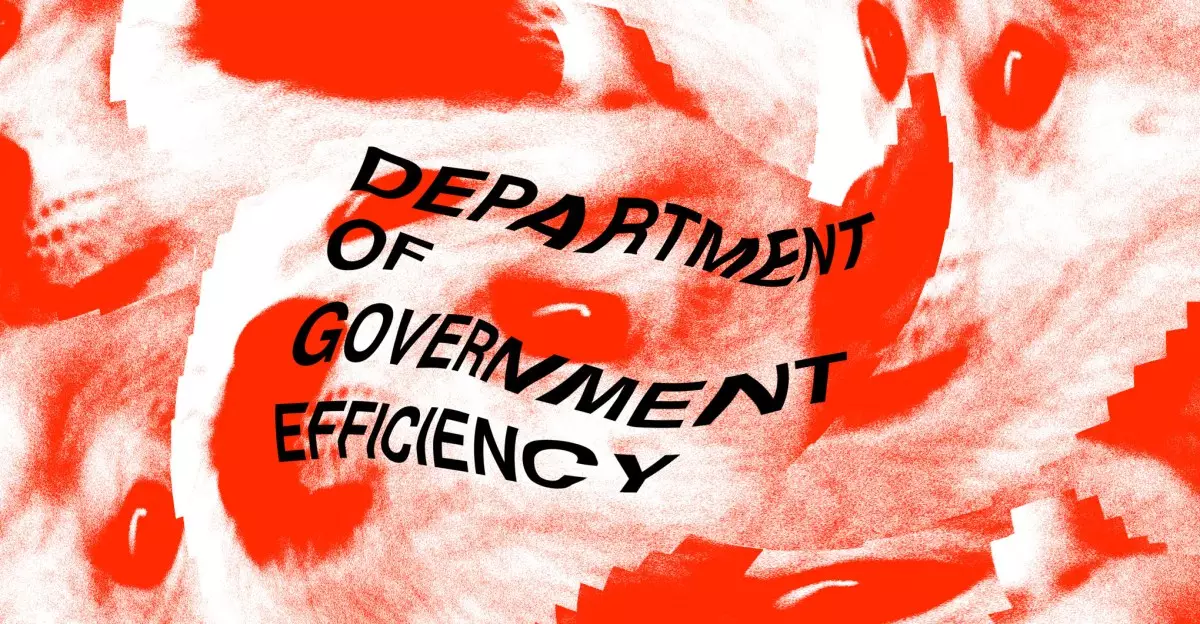The Department of Government Efficiency, affectionately known by its acronym DOGE, is embarking on an audacious project that aims to reshape how the Internal Revenue Service (IRS) data is accessed and utilized. This endeavor, which has sparked skepticism and intrigue in equal measure, is set to revolve around the development of a “mega API.” This innovation is not merely a technical upgrade; it signifies a potential seismic shift in government transparency, efficiency, and the relationship between taxpayers and their data.
Understanding the Concept of a Mega API
For the uninitiated, an API, or Application Programming Interface, serves as a conduit that allows different software systems to communicate. A “mega API” implies a robust, comprehensive system capable of aggregating vast amounts of IRS data and making it accessible to third-party software solutions. This could pave the way for innovative applications that could ultimately streamline tax-related processes for the average citizen—assuming it functions as intended. The promise of enhanced access could alleviate some of the frustrations associated with navigating IRS data, solution-finding, and compliance.
Challenges Ahead: A Race Against Time
However, the endeavor is not without its challenges. Reports indicate that DOGE expects to complete this ambitious API project within a mere 30 days. Many experts, including seasoned IRS employees, have deemed this timeline unrealistic, warning that it could lead to catastrophic operational failures within the IRS infrastructure. This raises valid concerns about whether the initiative is more about making a political statement than a practical, executable plan. The intricacies of IRS data are significant, and to suggest that it can be adequately schematized in such a short time frame shows a disregard for the complexities involved.
The Role of Third-Party Providers
One of the most controversial elements of this plan involves collaboration with third-party providers, with Palantir being a notable player in the mix. Palantir is known for its extensive experience in data analytics, often associated with government surveillance and intelligence operations. The integration of such a company raises ethical questions about privacy, data ownership, and the implications of privatizing public data. Are taxpayers comfortable with their sensitive financial information being entrusted to a private entity? Furthermore, the narrative surrounding the use of IRS data for various governmental purposes has already stoked fears over how this data might be leveraged, particularly given the contentious political debates surrounding immigration and government efficiency.
A Question of Expertise
Critics have pointed out the apparent lack of experience of the key personnel spearheading the project, notably young leaders like Gavin Kliger and Sam Corcos. Their relative inexperience in governmental operations and tax systems results in legitimate concern. As insiders have expressed, grasping and codifying the complexities of IRS data is a formidable task that generally requires years of expertise. This raises the question: will ambition overshadow reality? If the project falters due to a lack of informed execution, taxpayers could suffer the consequences of a hasty and ill-planned initiative.
In essence, DOGE’s ambitious mega API project could potentially revolutionize IRS data access and transparency, but its implementation requires careful consideration of the technological, ethical, and operational challenges it faces.

